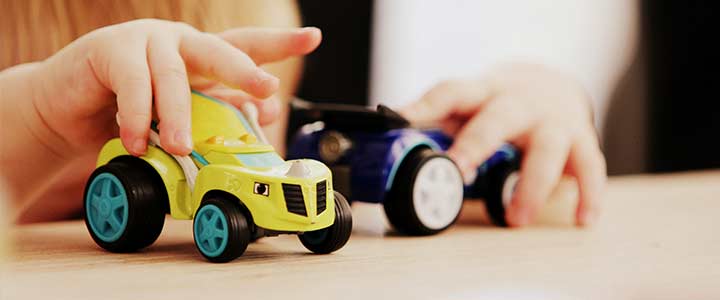Attention Deficit Hyperactivity Disorder (ADHD) is a disorder that affects up to 11% of children between the ages of 4 – 17 years old and is more common than many people believe. It is one of the most commonly diagnosed neurodevelopmental disorder. ADHD is often diagnosed in early childhood and is characterised by an inability to focus, forgetfulness, hyperactivity, and often an inability to get along with peer groups.
Read moreCan ADHD disappear on its own?










